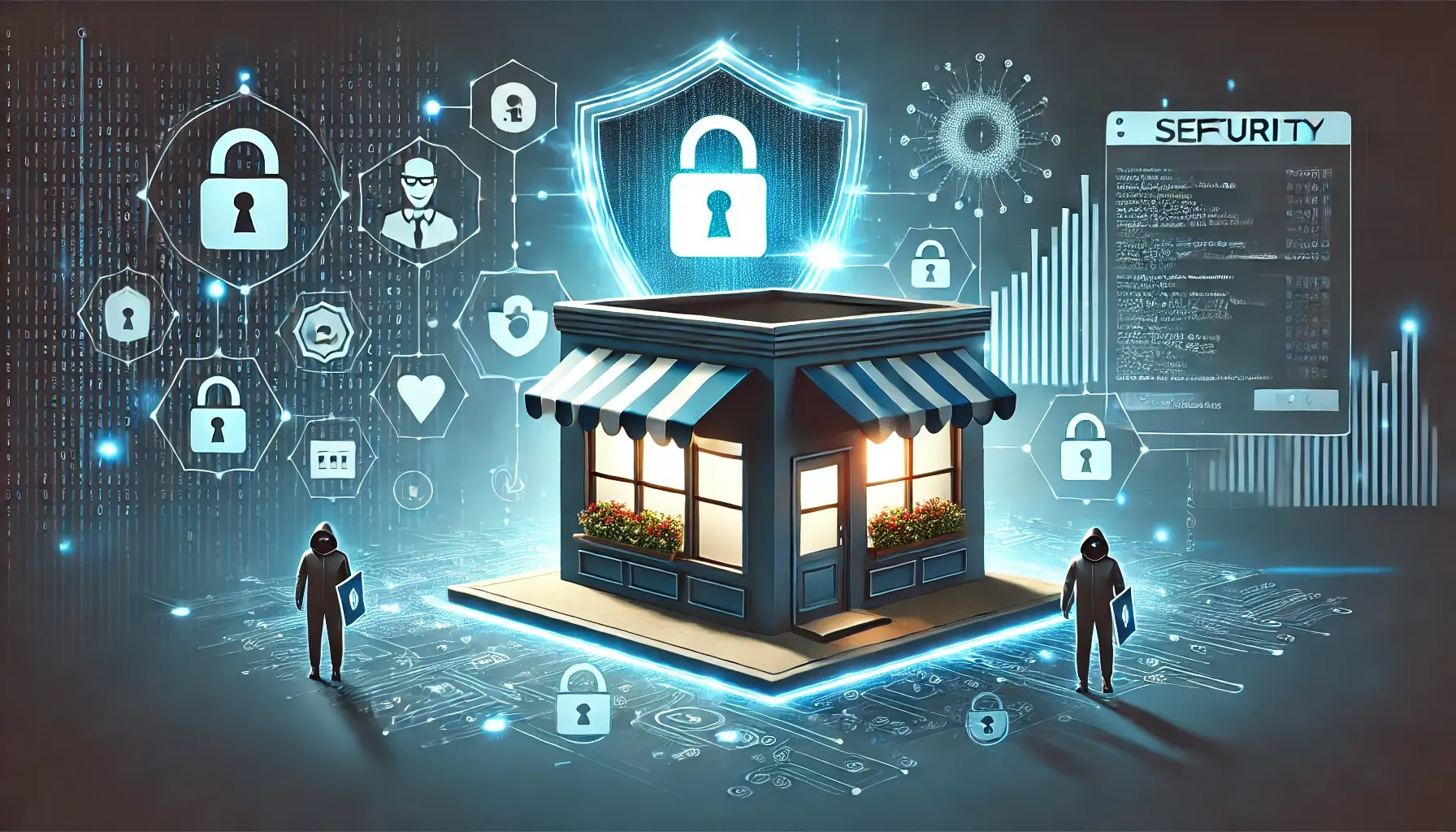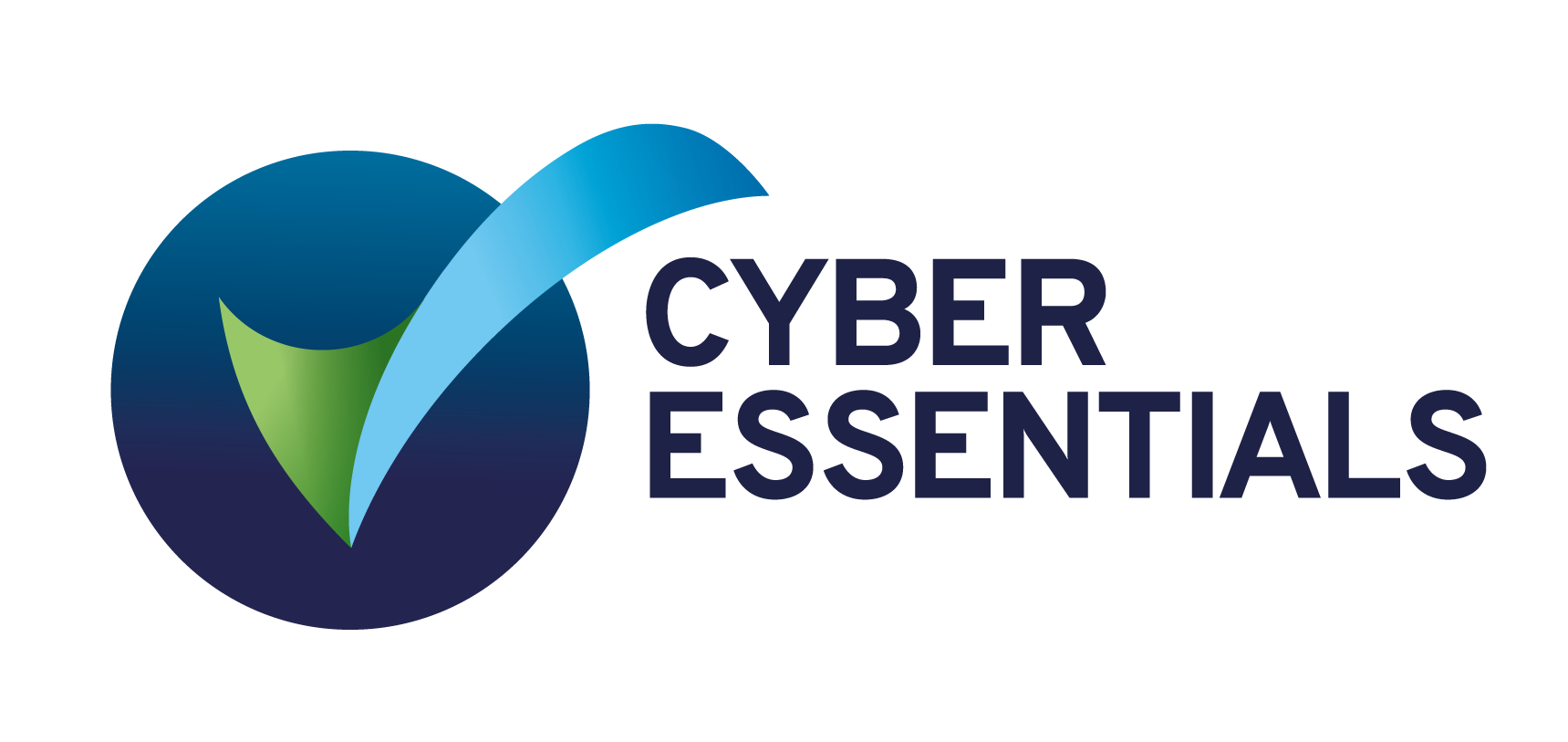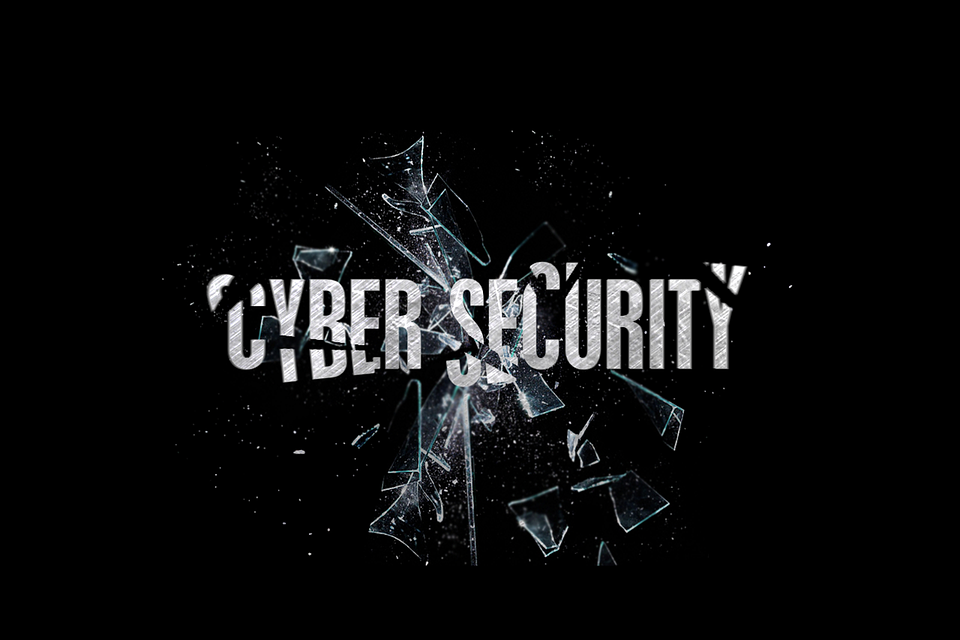What is Cyber Essentials?
Cyber Essentials is a simple, yet very effective scheme backed by the UK Government. It is designed to help protect companies, regardless of their...
2 min read
Ranveer Sangha 03-Apr-2025 13:16:40

When people think of cyberattacks, they often picture large corporations under siege. But here’s the reality: 43% of cyberattacks target small businesses. Why? Many small businesses lack the robust security infrastructure and dedicated IT teams that larger organisations have—making them easier targets.
Cybercriminals know this. And they’re counting on you to underestimate your risk.
But the good news? You don’t need a massive budget or a full-time security team to protect your business. You need innovative strategies, the right tools, and a little awareness. Let’s dive into what you can do to keep your small business off the radar of cybercriminals.
Many small businesses can’t afford enterprise-level cybersecurity solutions, leaving gaps that attackers can easily exploit.
Employees often aren’t trained to spot phishing attempts or follow proper security protocols—making human error one of the most significant risks.
Even small businesses store sensitive customer information—credit card numbers, emails, addresses—that hackers can sell or use in larger schemes.
Small businesses often serve as entry points into more extensive supply chains or partners, which makes them doubly attractive targets.
Understanding your weaknesses is essential before strengthening your defences. A simple cybersecurity scorecard or risk assessment (like ours) can highlight where you’re most vulnerable.
Human error is behind over 80% of breaches. Regularly train employees to spot phishing emails, use strong passwords, and follow secure practices—especially if they’re working remotely.
MFA is one of the easiest and most effective ways to prevent unauthorised account access. It adds a second layer of security—even if a password is stolen.
Outdated software is a favourite entry point for cybercriminals. Regularly patch and update your operating systems, apps, and security tools to close known vulnerabilities.
Make sure your data is backed up regularly—and securely. In the event of a ransomware attack, having a backup can mean the difference between recovery and catastrophe.
Only give employees access to the systems and data they truly need. The more people with access to sensitive information, the more opportunities attackers have.
If managing cybersecurity alone feels overwhelming, consider partnering with an IT support team. A managed services provider can monitor your systems, respond to threats, and help implement best practices without the overhead of an in-house team.
Cyber threats are constantly evolving, as are the tools and resources available to protect your business. The worst thing you can do is assume “it won’t happen to us.”
Take a few minutes today to evaluate your risk and close those security gaps. Your business—and your customers—depend on it.
Take our free 26-question Cybersecurity Scorecard and get a snapshot of your current defences—plus clear, actionable steps to strengthen them.
Ready to take cybersecurity seriously without being overwhelmed? Start protecting your business today with smart, simple solutions that work. Reach out to our team to get started:
0121 309 0090
hello@superfast-it.com

Cyber Essentials is a simple, yet very effective scheme backed by the UK Government. It is designed to help protect companies, regardless of their...

Cyber attacks have become more and more frequent as the world becomes ever connected by technology. Millions of attacks take place ever year as...

Photo credit: Writix During the first lockdown, our priority was to quickly facilitate working from home and keep business moving. We did this...